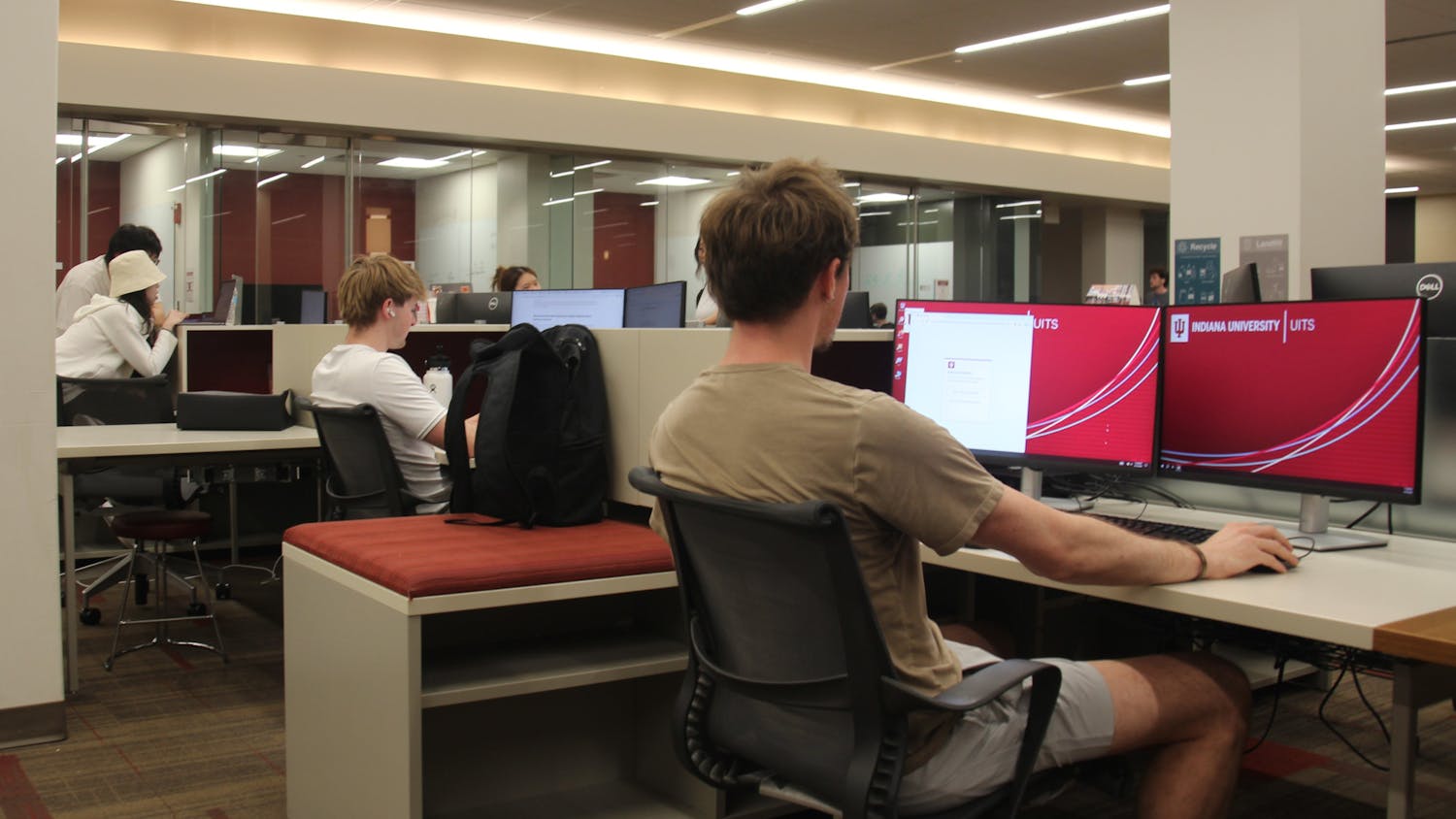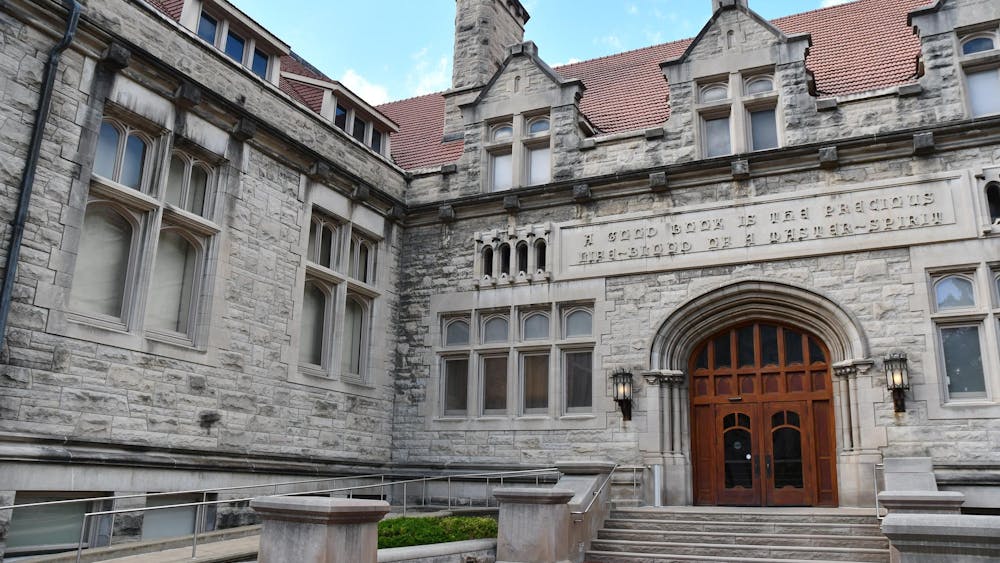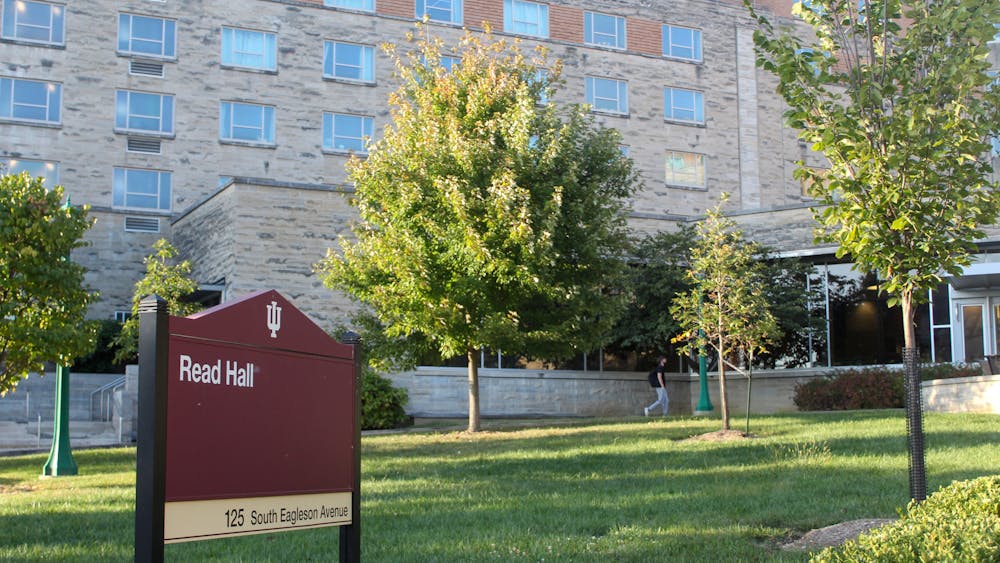Last week, the administration of Harvard University adopted a new policy that forbids romantic or sexual relationships between faculty members and undergraduate students. This policy was an expansion of the former rule, which only forbade relations between professors and the students they directly taught.
According to CNN, a specially appointed committee decided to alter the rules governing all student-faculty relationships because “the existing language on relationships of unequal status did not explicitly reflect the faculty’s expectations of what constituted an appropriate relationship between undergraduate students and faculty members.”
After learning of Harvard’s decision, I was shocked to discover that this motion has received no discernible criticism, considering it is an unprecedented intrusion into the personal sexual lives of those affiliated with the university.
I appreciate that the university is under the impression that it is protecting its students from being taken advantage of by professors due to their youth and therefore theoretical naïveté.
Or perhaps Harvard believes it’s protecting professors from being taken advantage of by students for academically dishonest reasons, such as gaining an advantage in the classroom or a higher grade on an assignment.
The fact that the case can be made for the potential exploitation of either party involved in this so-called “clarification of expectations” indicates that they are on equal footing. If one cannot distinguish who is being protected from whom, they must share an equal ?power dynamic.
What Harvard has actually done, rather than improving the quality of the professional and educational experience of all those involved with the university, is appointed itself to police the sexual health of students and staff, a boundary it has absolutely no right to cross.
My guess is that the committee who decided they were qualified to make these judgments subscribed to the popular assumption that a romantic or sexual relationship between a student and a professor is harmful or exploitative, which is simply untrue and absolutely impossible to generalize.
By the time an individual reaches college age, he or she is usually between 18 and 20 years old — well above the age of 14, which is the age of ?consent in Massachusetts.
State laws protecting minors from non-consensual sex with an adult exist to shelter those who are young enough to still necessitate sheltering. Such laws have already established that those above a certain age are then qualified to make their sexual choices, but Harvard has revoked that right with their new policy and set of damaging assumptions.
I certainly support laws and policies that protect disadvantaged individuals from exploitation from those who wish to use them immorally, but undergraduate students and professors are all consenting adults and therefore have every right to engage with each other however they may choose. It disturbs me to hear of an institution inserting itself into that private sphere, especially when motivated by the assumption that in these relationships, someone must be taking advantage of the other.
Harvard, let the adults on your campus and in your classrooms make their own choices and stick to what you do best: providing them with a stellar education.
sbkissel@umail.iu.edu





